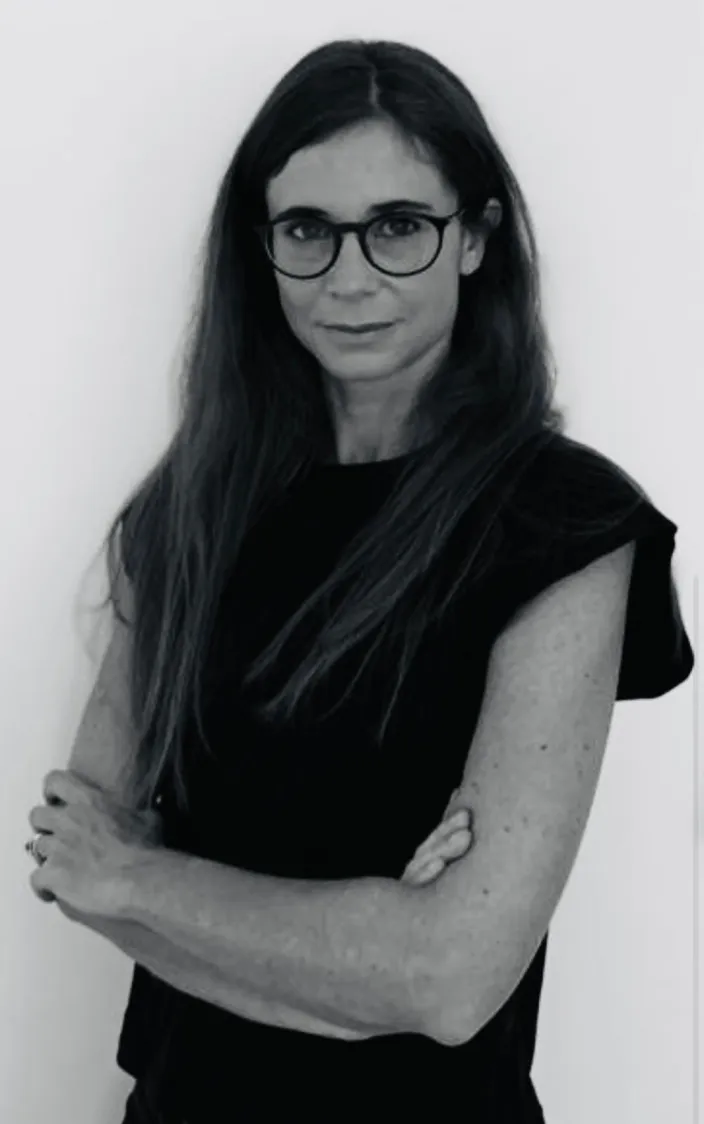
Follow the Method
A professional journalist and expert in international politics and geopolitics, Paola Peduzzi is deputy editor of the newspaper, Il Foglio. Originally from Piacenza but a Milan transplant, she graduated from Bocconi in 1999. Though her career path is seemingly unrelated to her studies, in reality its roots are firmly planted on the University campus, its halls, its classrooms and among the classmates and professors who were fundamental in her education. This is also thanks to the opportunities offered by Bocconi, as she explains in this interview in anticipation of Welcome Days, the traditional welcome event for first-year students.
New students are about to start the education you embarked on about 30 years ago. What advice would you like to give them?
Bocconi has a very well-organized method, made up of lessons, studying and exams, which is like a track built specifically for you. Follow this method, even when you’re struggling, and you won’t get lost. And then cultivate personal relationships with other students but also relationships with professors outside lessons and exams: they have a lot to share, but you may not realize how important this is until later on.
Some students arrive at Bocconi with clear ideas in mind and a goal that they pursue with determination. On the other hand, other students have yet to get a precise idea of what they want to do when they grow up. Which category did you belong to?
The second. In fact, I enrolled in the DES program but then, after a year, I switched to Business Administration. I had some regrets later on since DES was more like the in-depth work I still do today. I really envy students who understand their career goals clearly from the start and pursue them with tenacity. If this is not the case, if your ideas are not as clear like in my case, on the one hand it is an advantage because you absorb everything. On the other hand, however, you risk losing yourself. Following the method at Bocconi allowed me to overcome this challenge and graduate quickly, which was my primary goal. My thesis was on the topic of environmental sustainability, which was then considered cutting edge.
Why did you choose Bocconi?
I was actually really passionate about classical studies, and then later about oceanography. If I had followed this inclination to its endpoint, I would have studied classical literature. But I wanted — and in a certain sense also needed — something that would allow me to focus on real life, that would help me understand the world. So I chose a field of study that kept me grounded, at a place of excellence.
The crucial turning point in your career, after graduation, came thanks to Bocconi...
After spending time in California in the US to learn English, I returned to Italy, and the University offered the opportunity to do a three-month internship in Paris at the Italian representation of UNESCO. This was in the period in which UNESCO delegations from all over the world converged in Paris. It represented a very formative moment for me, my first real contact with very different careers within the United Nations, from anthropologists to the people managing UNESCO World Heritage Sites. It was an experience for which I will always be grateful to Bocconi.
And that helped you in your future choices...
Yes, at the end of that period I had some work experience that allowed me to better understand what I didn't want to do. As a result, I also understood what my true passions were: in particular journalism school, the beginning of the path that led me to where I am now.
People say that today's young people are different from those of previous generations, just like the world is different. What does this diversity consist of according to Paola Peduzzi?
They are very curious and open to new things and debate, while we were relied more on the family environment. Now they are competing with their international peers and this is in part thanks to universities, because leading Italian universities, such as Bocconi, are now competitive even at an international level. Personally, I am very confident in the new generations.
